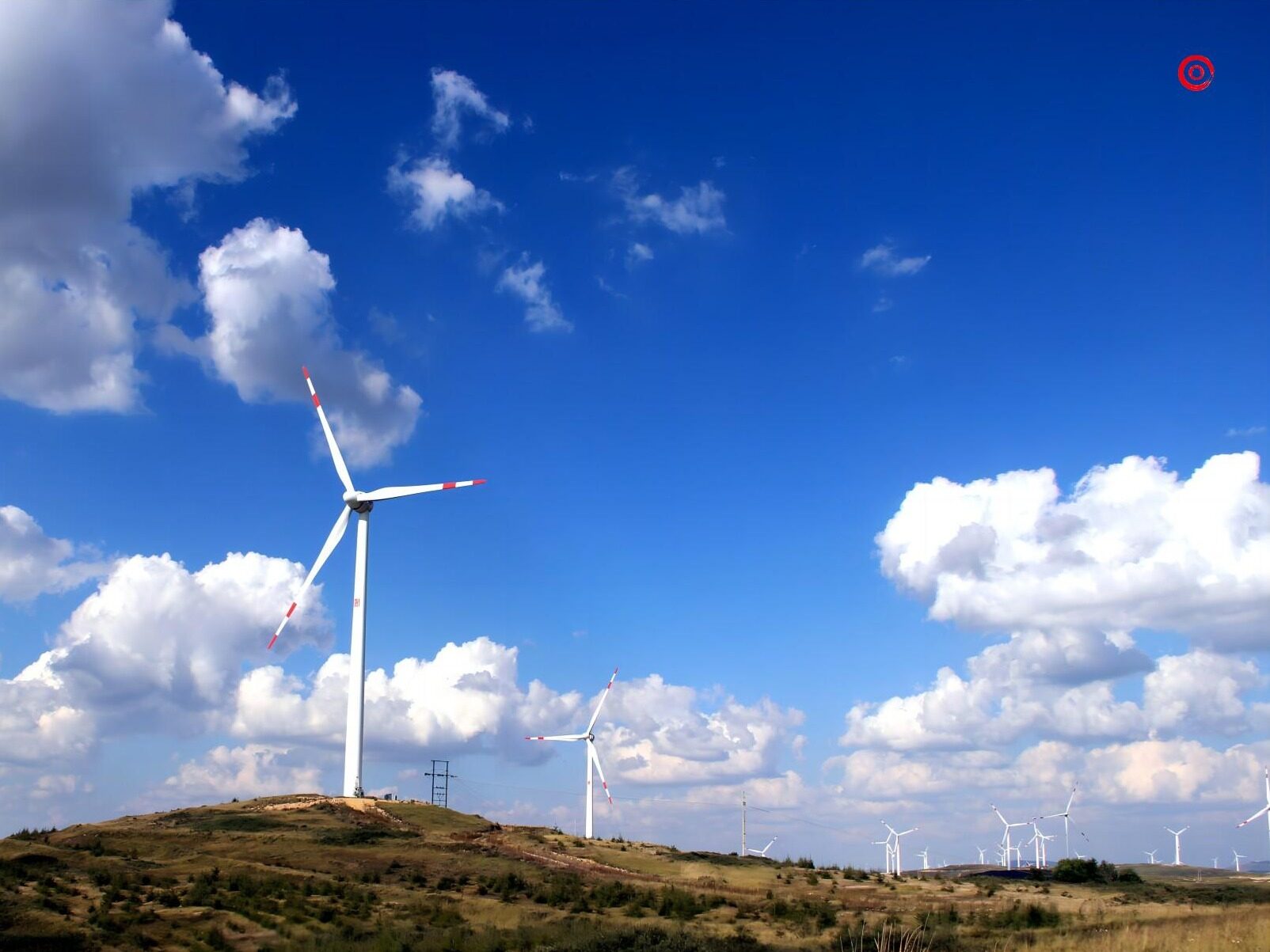- 16% of the energy demand in this Central European country comes from renewable energy, and investment can only achieve its climate goals

The Czech Parliament approved a law on September 15, 2021, establishing an aid framework for renewable energy projects, and industry insiders hope that this will restart the prosperity of green projects. The law sets out rules for the development of renewable resources in the next few years, when the EU modernization plan will provide billions of euros in investment. It also allows the auction of new capacity.
"This law is the basis for the transformation of the Czech energy industry," the industry organization Renewable Energy Chamber of Commerce (Komora OZE) said in a statement. According to Eurostat, the Czech Republic is the third largest coal consumer in the European Union. A government committee has designated 2038 as the year for power plants to completely get rid of coal fuel. Although the debate continues, experts predict that high carbon prices may shut down coal-fired power plants more quickly.
16% of the energy demand in this Central European country comes from renewable energy sources, and it requires substantial investment to achieve its share of the EU's climate goals. CEZ, the main power company in the Czech Republic, has pledged to reduce the proportion of coal in its portfolio from 36% in 2020 to 12.5% in 2030, and invest billions of euros in renewable energy (mainly solar).
On September 15, 2021, the House of Commons approved a version of a Senate law that sets public assistance at a level that allows the internal rate of return (IRR) of existing renewable installations to be 8.4-10.6%. This is higher than the previous version of the law that the solar industry said could lead to bankruptcy and hinder new investment. Compromise is an important part of legislation trying to quell a decade of controversy.
Solar energy installations were mainly built in 2009 and 2010, and received approximately 1.2 billion euros in assistance each year, which is a burden shared by the government and consumers. This led to widespread opposition to the solar industry and froze new aid programs for several years.
Keywords: new energy, overseas engineering, international engineering construction, foreign engineering construction news
According to the new law, large-scale solar power plants put into operation in 2009-10 will also face additional taxes.Editor/XuNing
Comment
 Praise
Praise
 Collect
Collect
 Comment
Comment
 Search
Search














Write something~